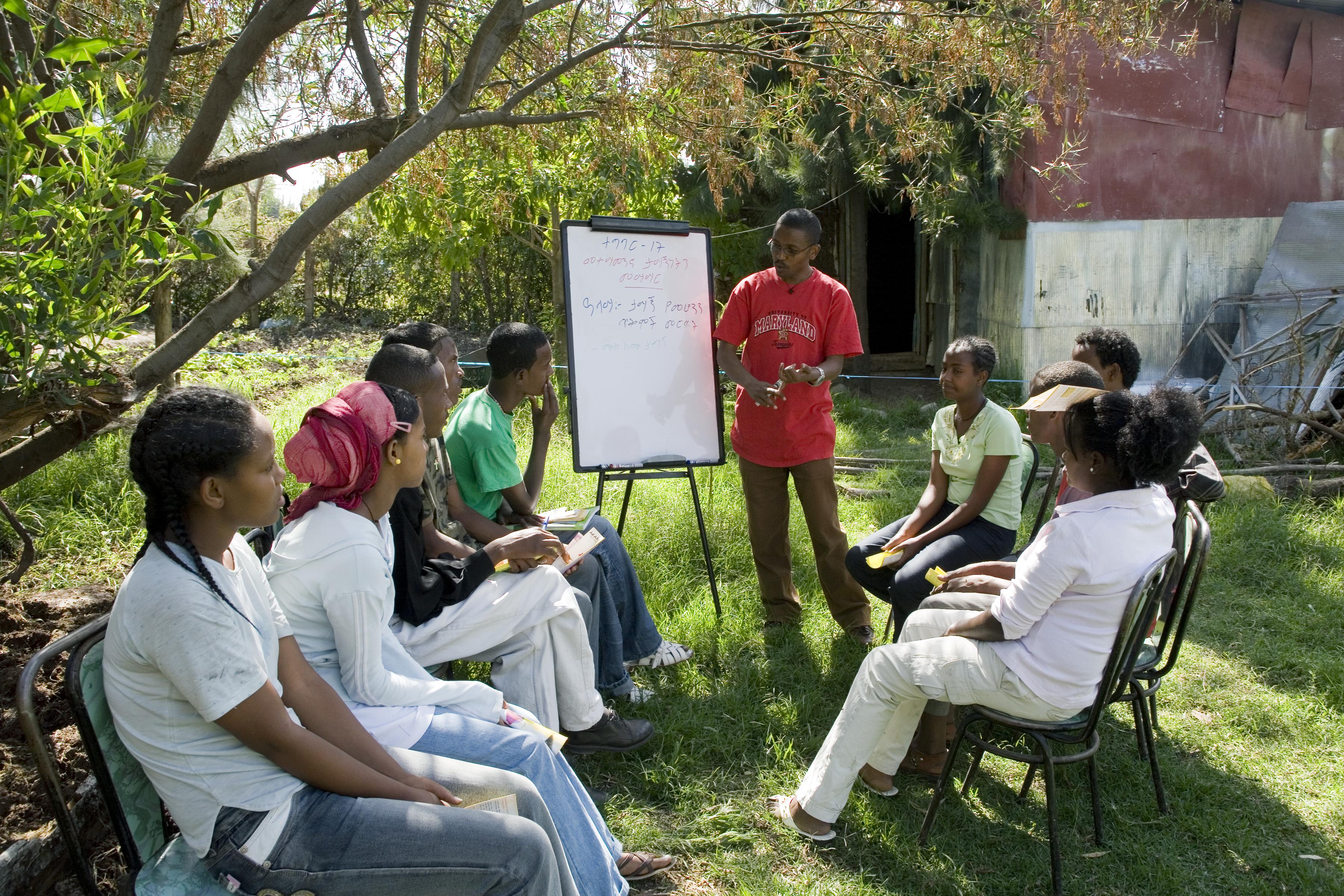

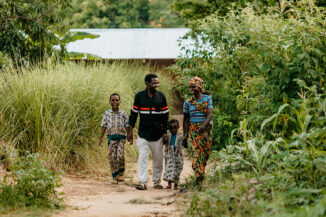
Engaging fathers in complementary feeding: Evidence from Nigeria

Evidence from a systematic review: Is electrification the key to achieving Sustainable Development Goals 3 and 7?
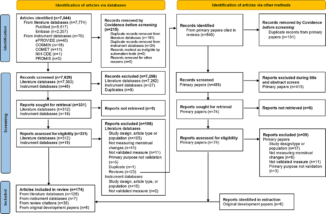
Measuring menstruation: Findings from a systematic review

Is improving breastfeeding practices on a large scale enough for optimum child survival and nutrition outcomes? Inequalities in coverage and practices following program participation
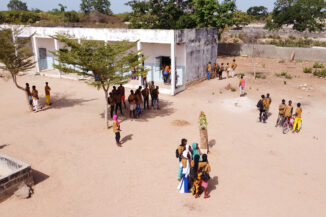
Can non-formal education bridge the gap to formal schooling? Findings from the Passerelles project in Southern Senegal
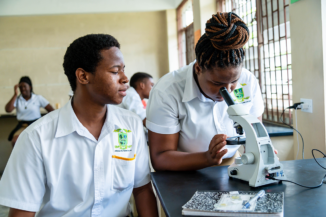
Is financial assistance alone enough? Key factors impacting the success of students supported by USAID’s Advance Program

Year in review: R&E Search for Evidence 2023

Investigating spillover effects: Implications for agronomy training programs
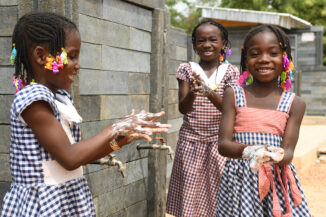
The latest evidence on hand hygiene behavior change in different contexts: Insights from the 2022 Hand Hygiene Research Summary

Evaluating positive youth development: The need for, and advancement of, the positive youth development sustainability scale

Year in review: R&E Search for Evidence 2022
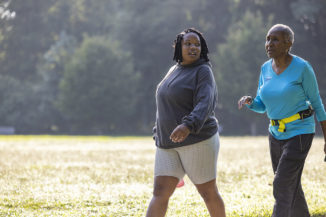
Social marketing and health literacy innovation: Using a partner approach in diabetes prevention
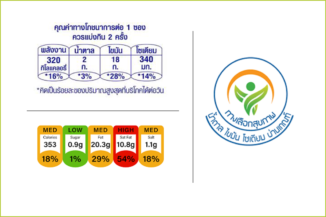
Are front-of-pack labeling systems in Thailand helping consumers choose healthy products? Findings from a rapid review
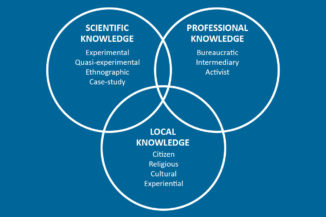
How local knowledge can improve the effectiveness of development policies

New evidence highlights persistence of systemic issues facing PhD students from marginalized communities

As we refocus our efforts on tackling HIV, what can we learn from resilience in the face of COVID-19?
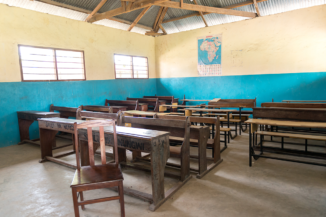
Understanding the impact of remedial education programs: Evidence from Southern Senegal

How often are local authors the lead on health research conducted in low- and middle-income countries?

Africans leading the research effort to control HIV and COVID-19 in Africa: The INTEREST Conference, Kampala, Uganda
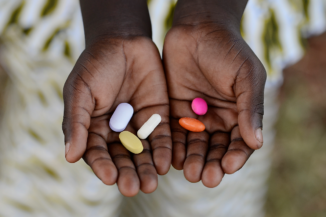
To close HIV prevention and treatment gaps in Malawi, study supports mix of approaches for key populations

Turned Away: The role of providers in denying family planning to women in Malawi
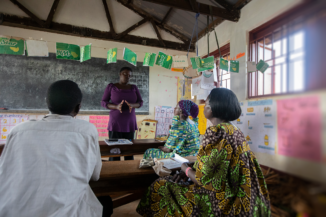
Evidence on mental health-focused intervention for Intimate Partner Violence among refugees
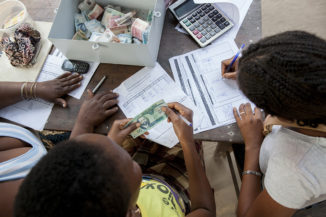
New evidence suggests that financial inclusion boosts mental health

How do mobile money transfer technologies affect household consumption during health crises?
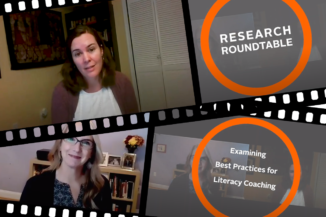
Research Roundtable video: Exploring best practices in literacy coaching

The power of relationships in college and career readiness programs

Less cost and effective: Testing the accuracy of handheld devices for medicine quality assurance
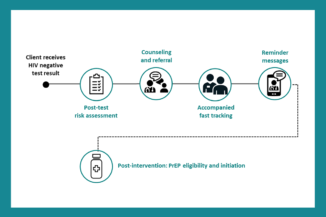
Can a test-and-prevent approach link people at risk of HIV to prevention services?
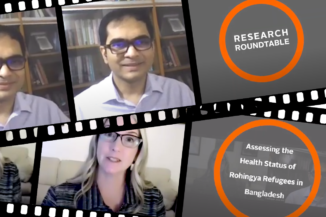
Research Roundtable video: Assessing the health status of Rohingya refugees in Bangladesh
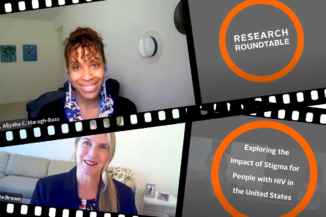
Research Roundtable video: Exploring the impact of stigma for people living with HIV in the United States
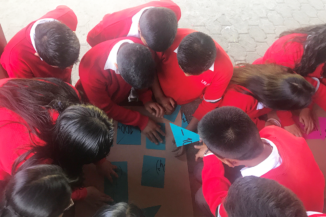
Integrating social and emotional learning into pre-service teacher education: Lessons from a formative study in Guatemala
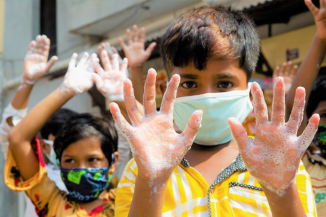
Impact of COVID-19 on WASH practices among young people

Are women leaders a better fit for the COVID-19 response?
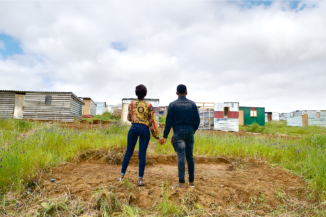
New evidence about intrauterine contraceptives can benefit women living with HIV in LMICs

The evidence base for social norms-based approaches to reduce intimate partner violence in LMICs
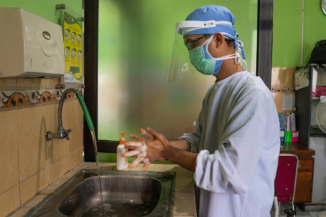
Fundamentals first: Monitoring water, sanitation and hygiene (WASH) in health care facilities
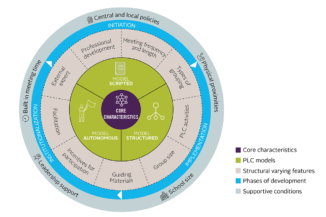
A typology and framework for professional learning communities (PLCs) in LMICs
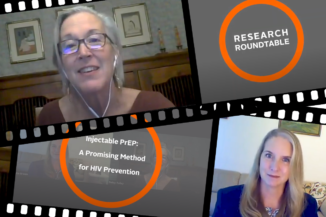
Research Roundtable video: Expanding HIV PrEP with long-acting injectables

How has COVID-19 impacted reproductive health experiences in the United States?
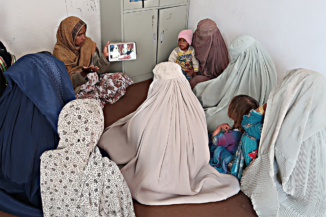
Is a health video library acceptable and feasible for helping community health workers? Evidence from Afghanistan
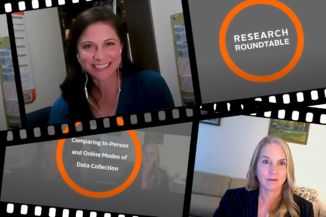
Research Roundtable video: Comparing in-person and online modes of data collection
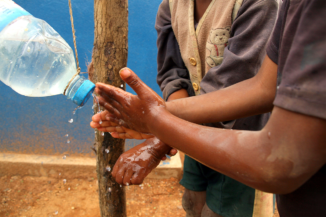
New evidence for improving handwashing access and behavior during COVID-19 and beyond

Expanding HIV PrEP with long-acting injectables: What can we learn about acceptability from a clinical trial?
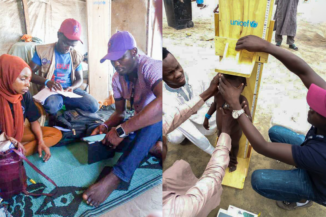
Let’s be SMART about it: Collecting real-time nutrition data in crisis and conflict settings

Did you get the message? My favorite behavior change studies can inform the COVID-19 response
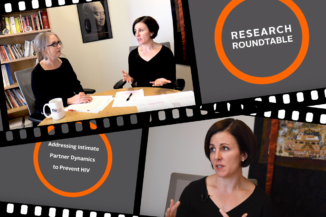
Research Roundtable video: Addressing intimate partner dynamics to prevent HIV
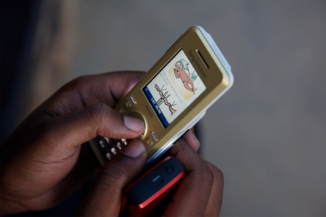
What’s wrong with the evidence for mHealth?

What’s mode got to do with it? Comparing in-person and online qualitative data collection

Year in review: What are the most popular blog posts of 2019?

Public health vs. social science: Do publication lags matter?

Public health vs. social science research: How does authorship differ?
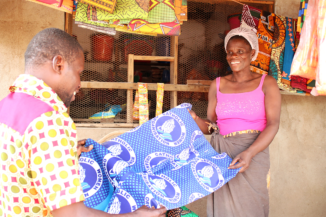
Whether, which and when: Developing guidance for the integration of household economic strengthening activities into family support programming
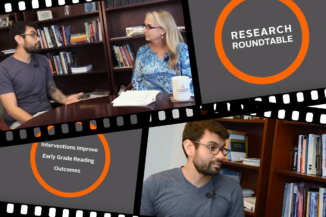
Research Roundtable video: Interventions improve early grade reading outcomes

Show me the money! How we have used financial diaries to inform research and programming for vulnerable groups
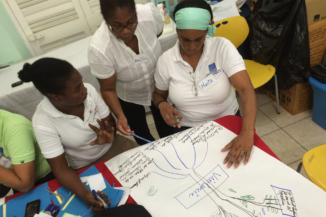
Everyone deserves to live free of violence: How HIV and GBV service integration can improve lives and effectively address twin epidemics
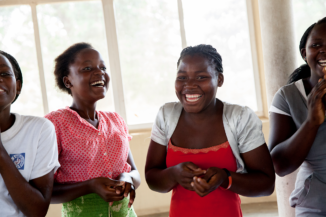
What’s documentation got to do with it? Examining the evidence on scale-up of social norms interventions for adolescent and youth reproductive health
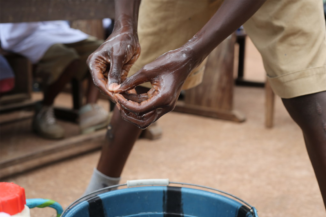
Understanding the use of nudges in handwashing behavior change programs: Highlights from the 2019 UNC Water and Health Conference

Understanding the financial lives of vulnerable groups using financial diaries
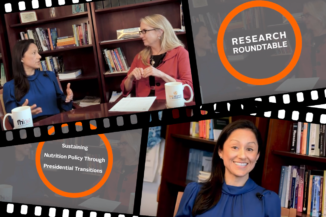
Research Roundtable video: Sustaining nutrition policy through presidential transitions

Looking ahead: Assessing the accuracy of Education Policy and Data Center projections
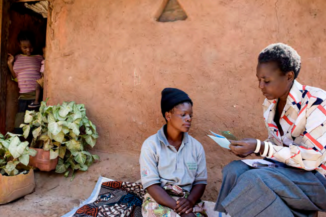
The effectiveness of index testing and partner notification services in HIV case-finding in Zimbabwe
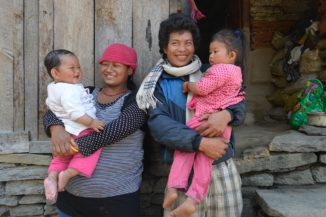
New evidence on the determinants of childhood stunting in Nepal
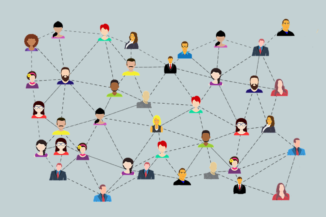
Implementing an enhanced peer outreach approach to expand reach of HIV services among key populations
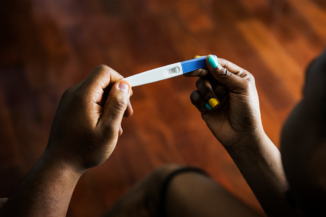
Attitudes towards the reproductive goals of HIV-serodiscordant couples in Kenya
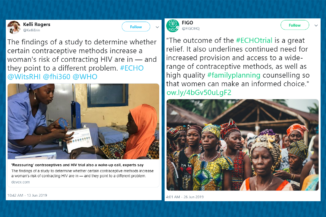
What is the global health community saying about the ECHO trial results?

Core processes: A theory and evidence-based methodology used in program design
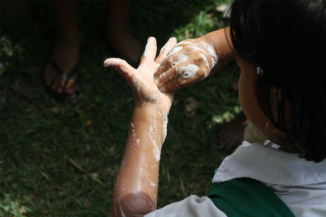
New additions to the Handwashing Research Index: A catalog of research publications

Some good news in evidence for peacebuilding

We need to test medical devices and not just medicines to achieve global health goals
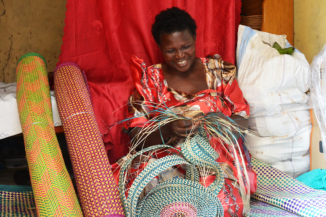
ASPIRES’ realist evaluation approach to building the evidence base for household economic strengthening to reduce HIV vulnerability
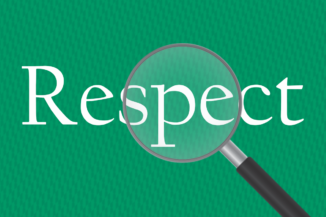
R-E-S-P-E-C-T: Find out what a study’s unintended consequence means to me
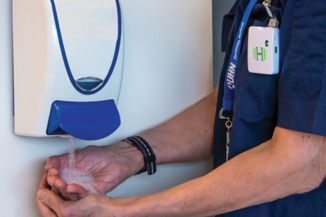
Sensing technology: A superior alternative for improving hand hygiene compliance in health care settings?
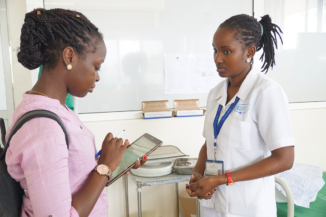
A map of the evidence base for ICT4D interventions shows what we don’t know
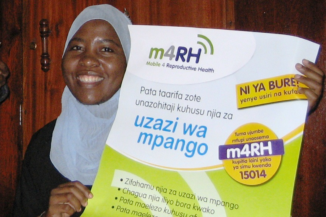
What can we learn from system-generated digital health program data? Turns out, quite a lot
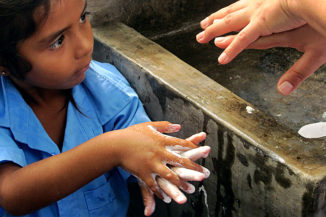
2018 Handwashing Research Index: A catalog of research publications
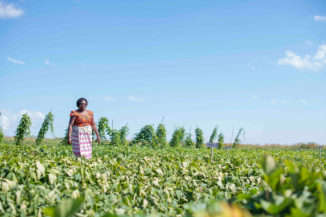
Gender in food security programming matters
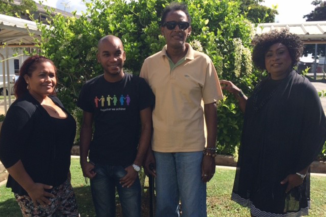
New evidence from gender-based violence research among key populations can inform HIV programming
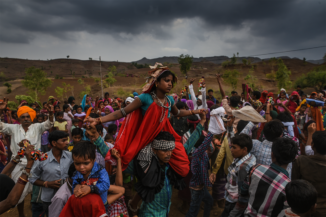
What I learned from a new study about girls’ education and early marriage
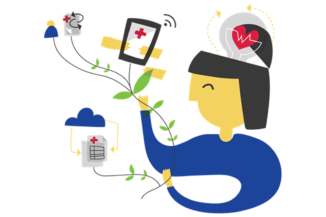
Taking public health innovations to scale: Pathways, drivers and facilitators
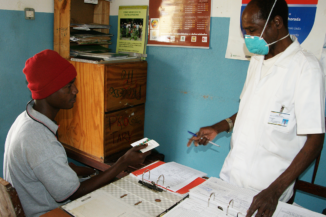
New analysis of breakthrough TB in Ethiopia can inform global TB response
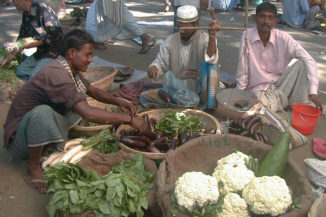
How do you reduce household food insecurity? New evidence says integrate nutrition into existing antenatal care

Is the evidence we use in international development verifiable? Push button replication provides the answer

Beyond the trial: What impact does engagement and participatory practice have on HIV research outcomes?
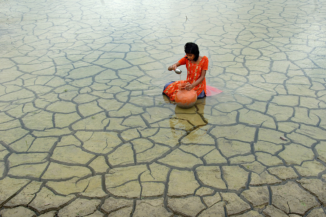
New modeling evidence offers an opportunity to mitigate the effects of climate change on water quality and socio-economic wellbeing
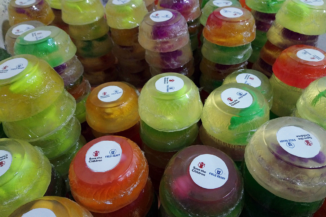
Surprise (or not)! Toy-in-soap intervention increases handwashing among kids in emergency contexts
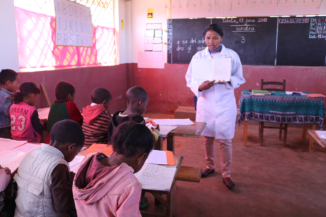
Implementing reading lesson plans with high fidelity boosts Grade 1 student reading outcomes in the USAID/Madagascar Mahay Mamaky Teny program
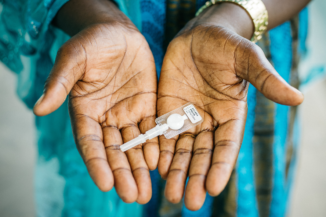
Self- versus provider-administered injectable contraceptives: Does method matter? It did in Malawi
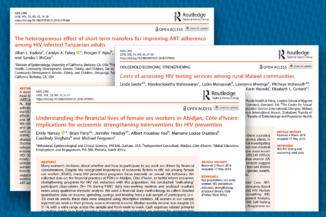
New research underscores the connection between economics and HIV
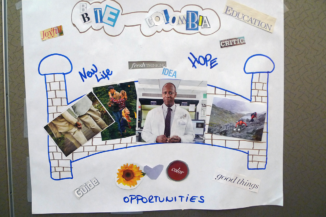
Do college and career readiness programs make a difference? New alumni evidence says yes
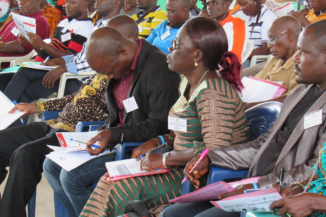
The calculations are in: Digitizing salaries can save governments millions
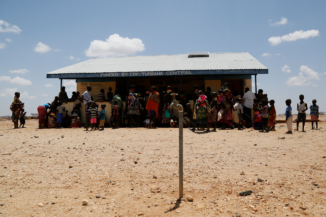
Do UAVs have a role in improving viral suppression for people living with HIV in remote Kenya? A study design using system modeling in a GIS
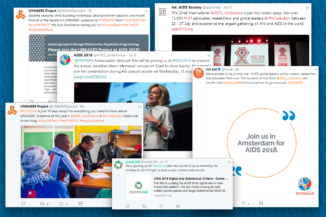
FHI 360 science at AIDS 2018
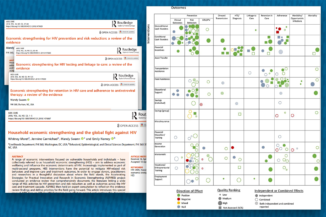
The state of the evidence for household economic strengthening approaches for HIV outcomes
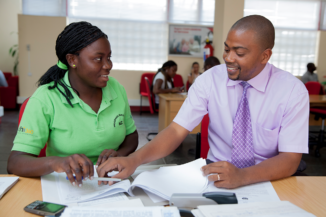
New research aims to understand how positive youth development interventions facilitate resilience
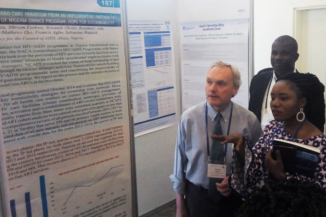
Cultivating HIV scientists for Africa: The INTEREST Conference, Kigali, Rwanda
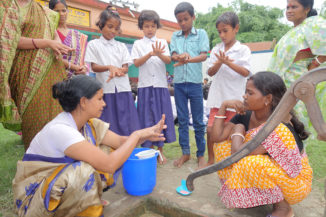
What we learned about handwashing from published research in 2017
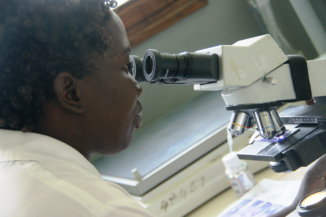
Recent research contributes to ending TB
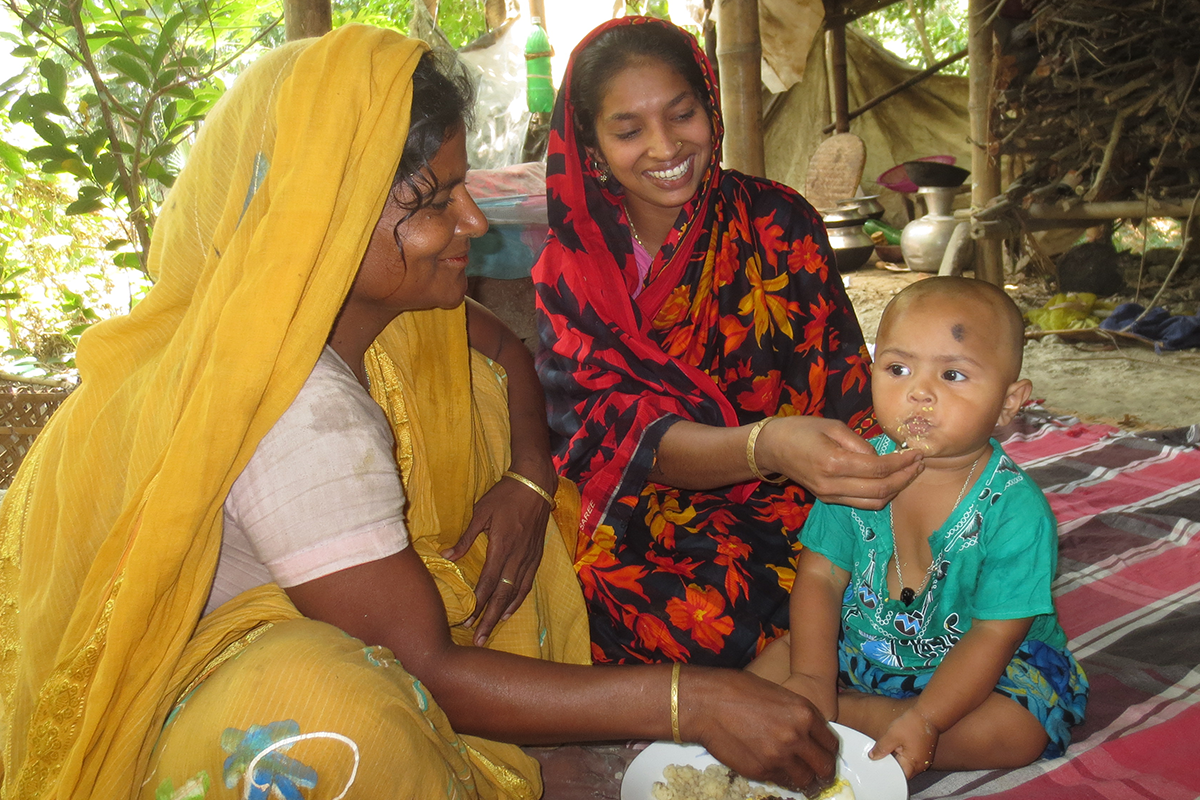
Generating evidence for going to scale in multisectoral nutrition programming
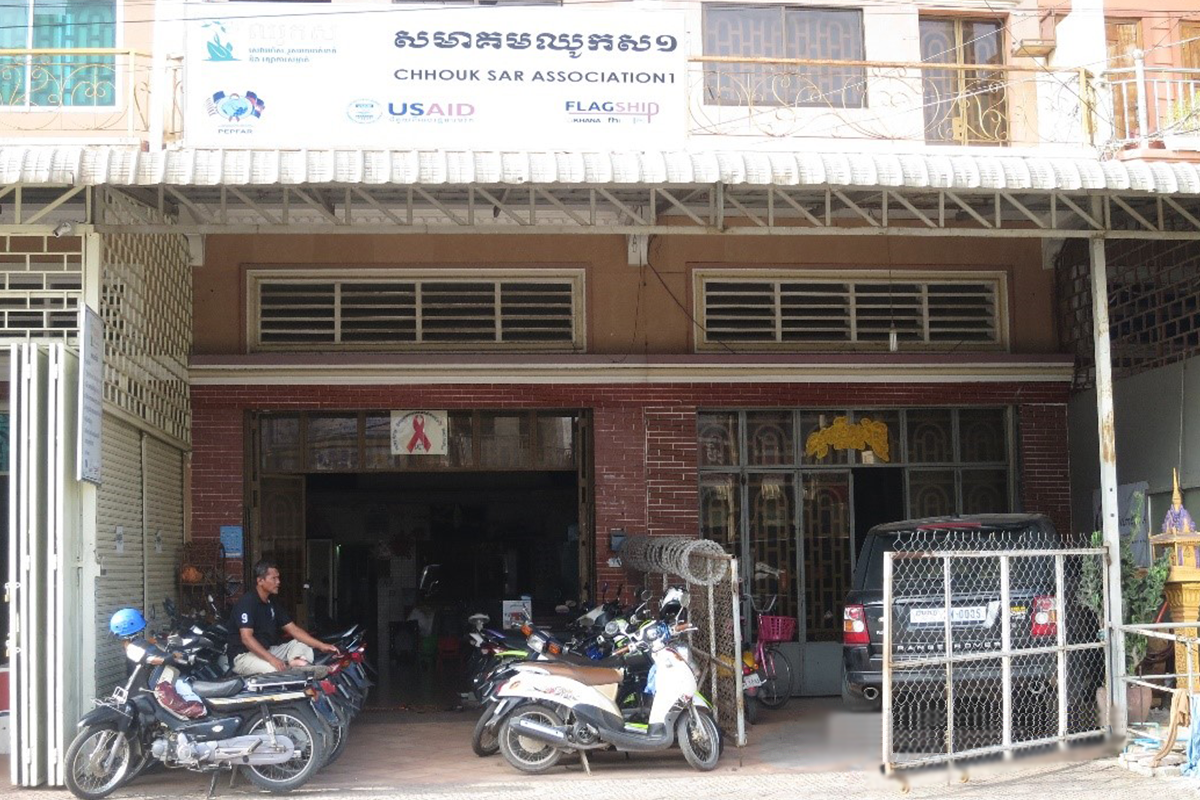
Increasing HIV detection with incentive-based, peer-referral approach known as Risk Tracing Snowball Approach
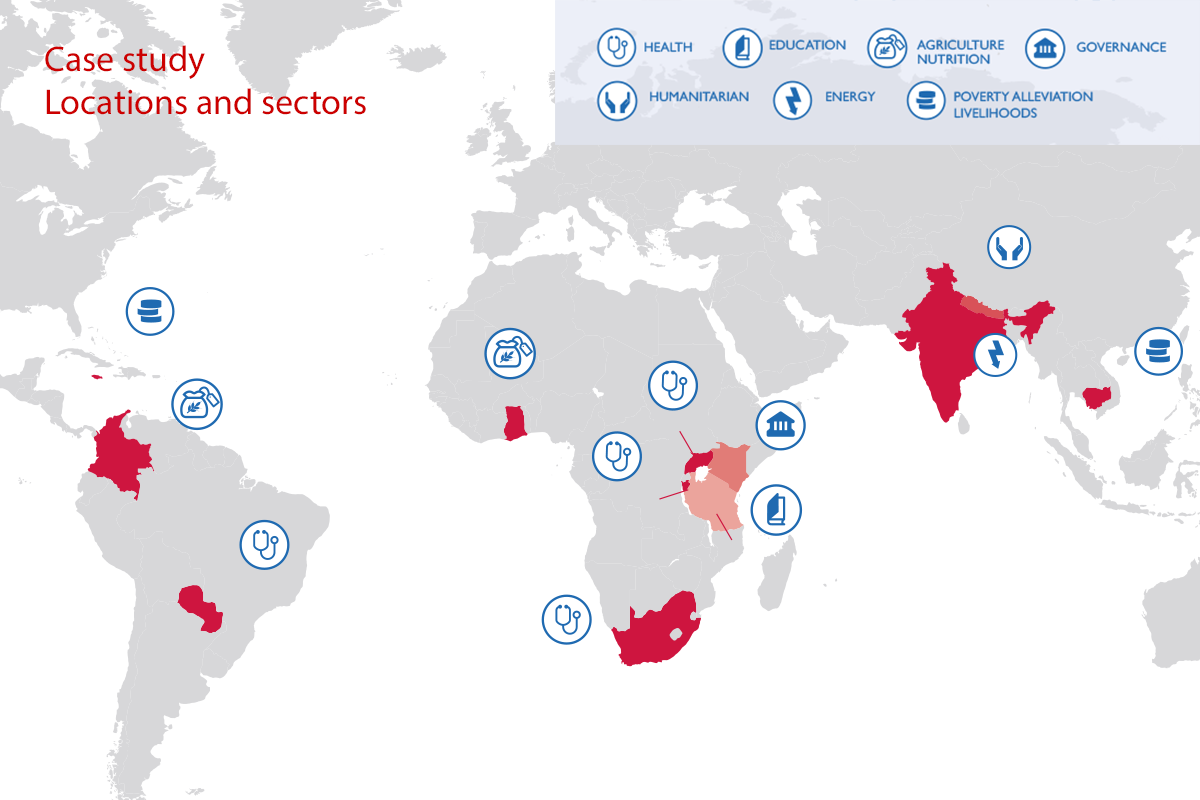
New research on open government data in developing countries: What we can learn from case studies
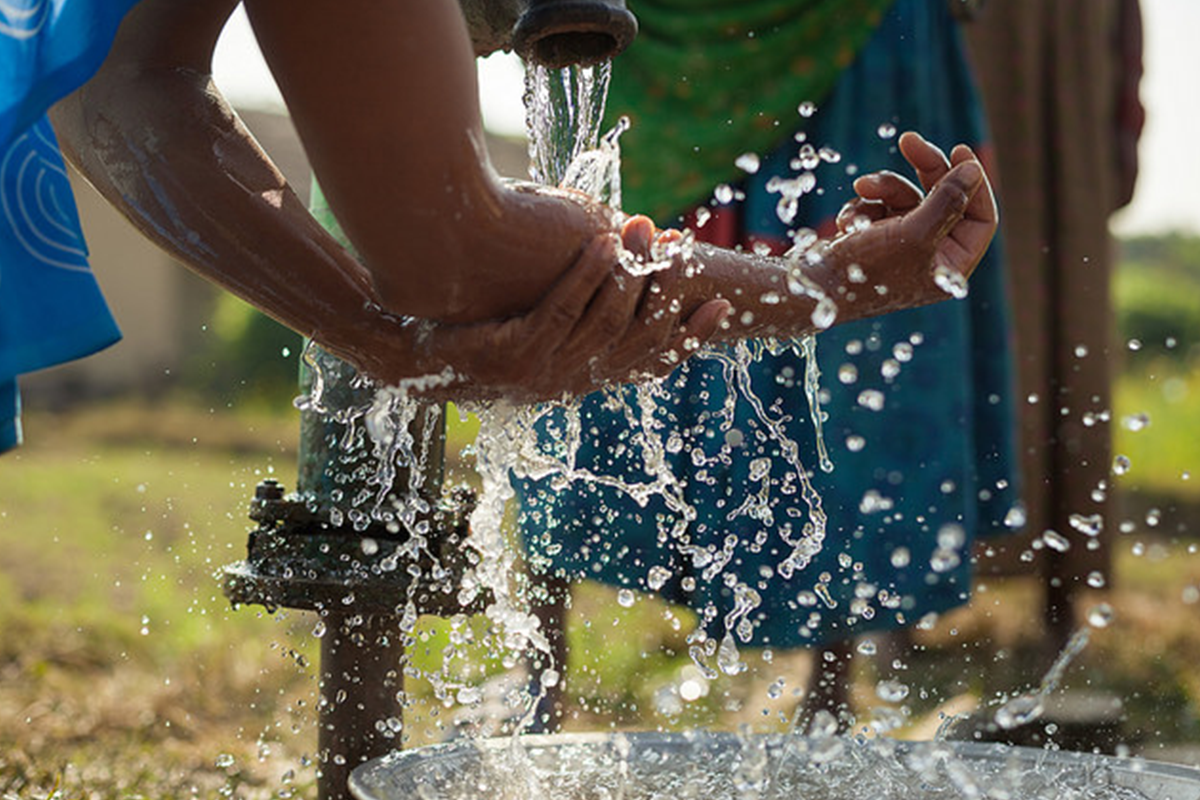
Research improves handwashing programs by uncovering drivers of behavior change
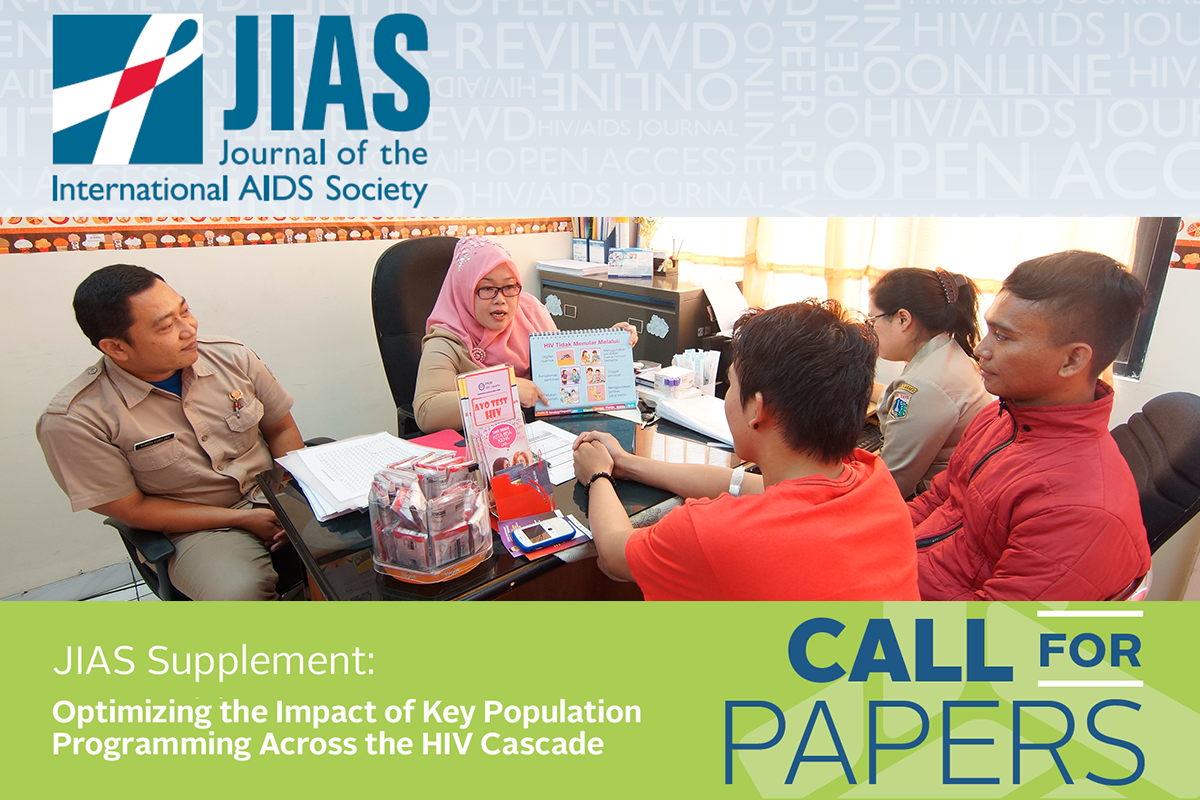
Call for papers: Optimizing the impact of key population programming across the HIV cascade
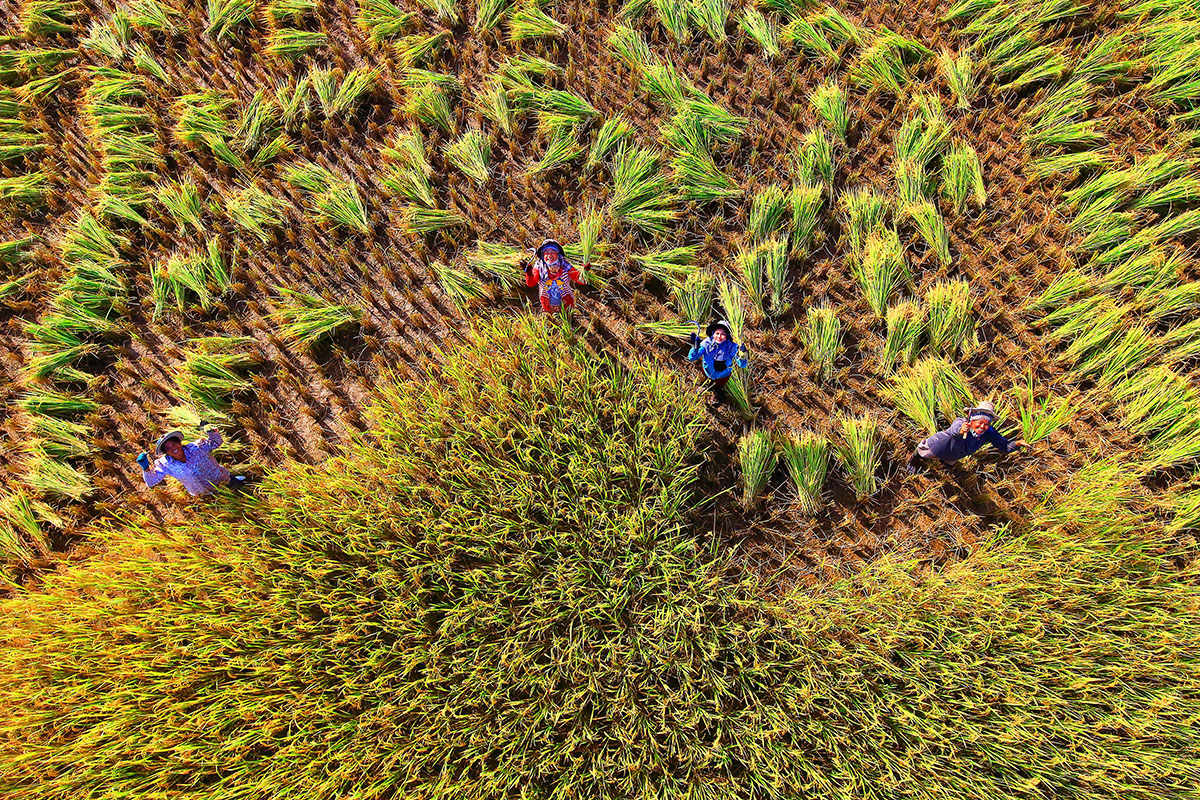
Show me the evidence: Cultivating knowledge on governance and food security
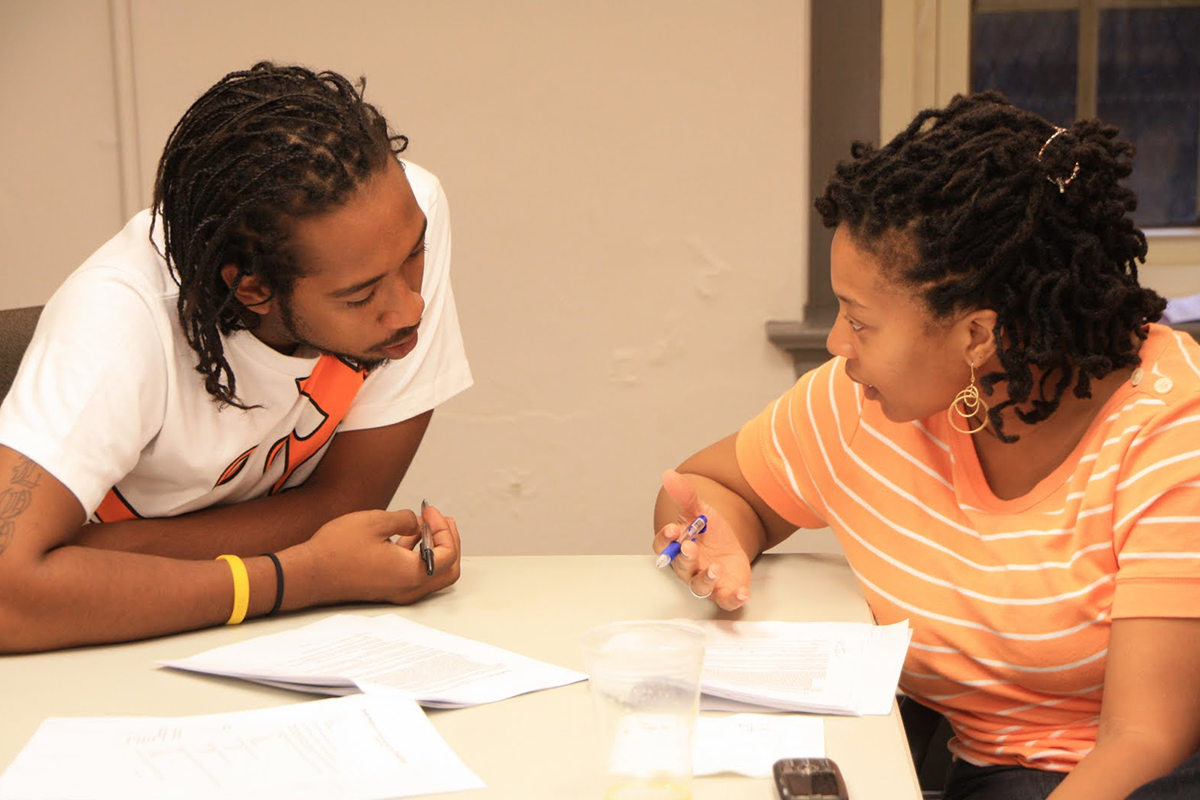
Teasing apart stigma and knowledge as barriers to HIV testing: A study with young Black adults in Durham, North Carolina
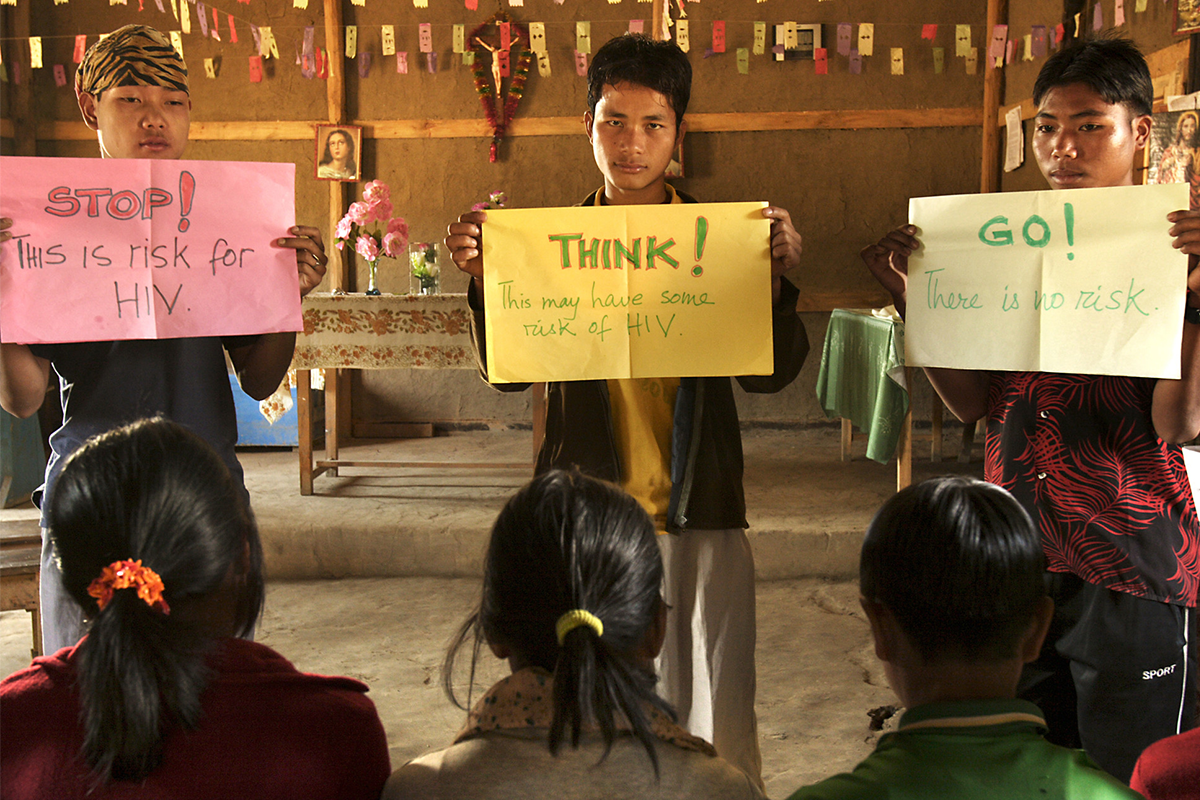
LINKAGES research digest highlights ability of young key populations to access and remain in the HIV care cascade
